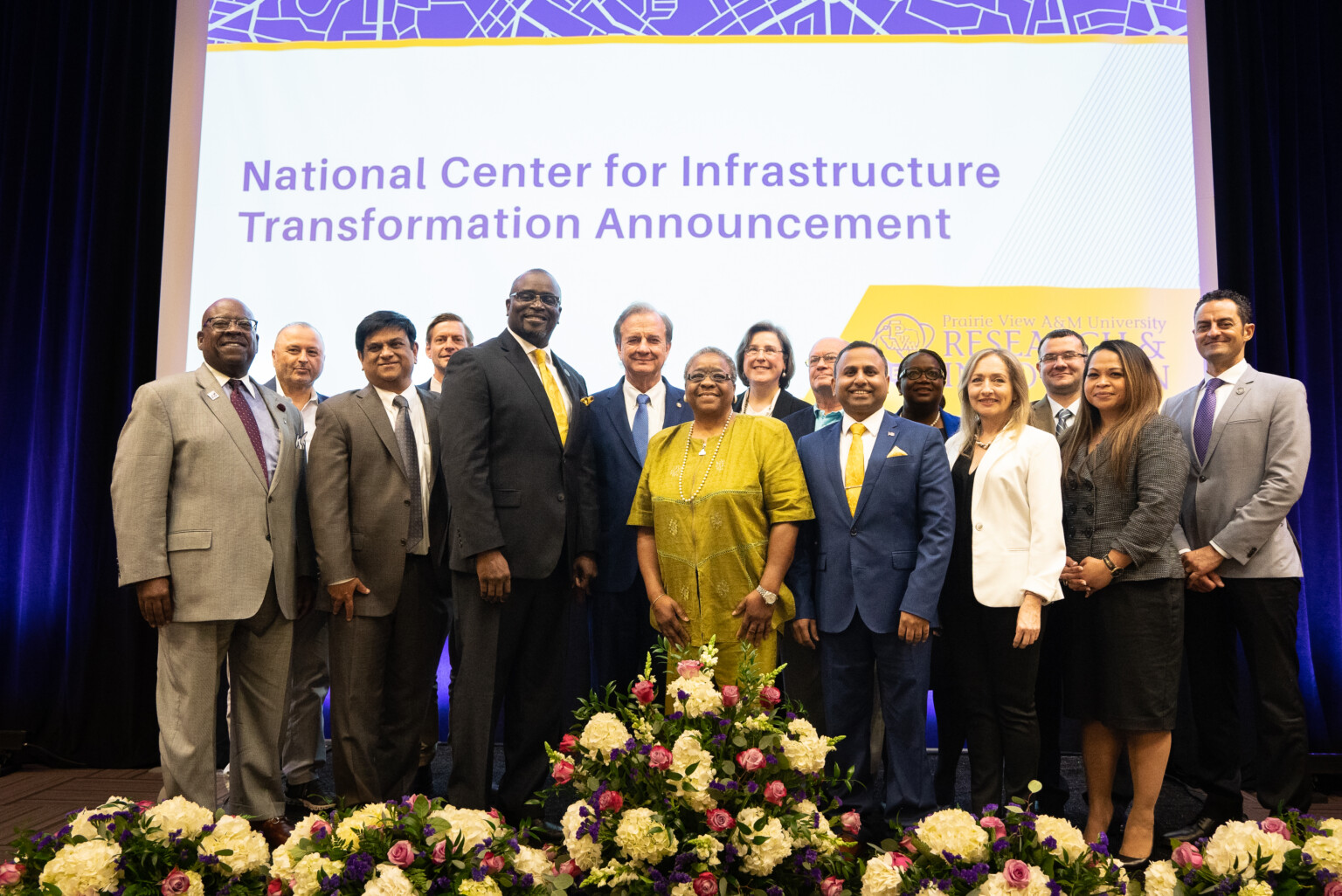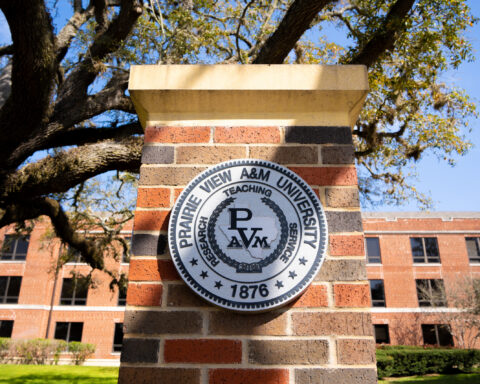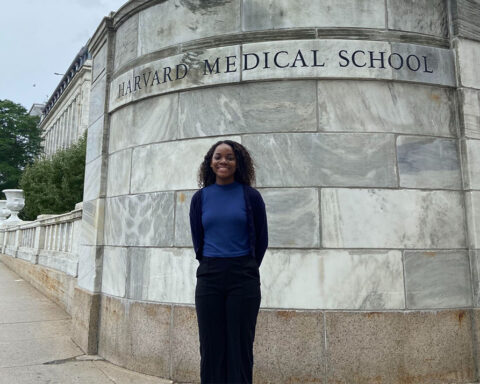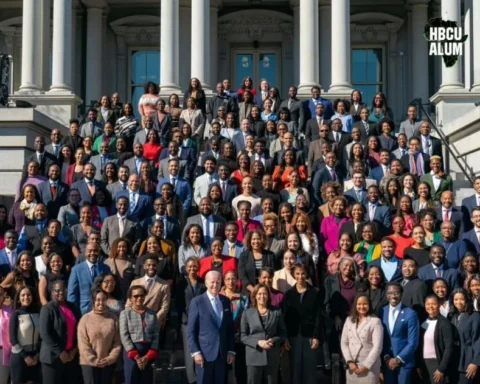By Jenna Craig
In a historic moment for Prairie View A&M University, Texas A&M University System Chancellor John Sharp announced the institution has been selected as the first Historically Black College/University to lead a $40 million University Transportation Center. This achievement paves the way for PVAMU to become a key player in transportation research and innovation in the United States.
“Today I’m pleased to announce The Texas A&M University System is committing $2.5 million to help jump-start Prairie View University’s National Center for Infrastructure Transformation,” said Chancellor Sharp during a launch event on Monday. “This investment reflects the confidence we have in Prairie View A&M’s leadership in this powerful collaboration to find practical ways to enhance the durability and extend the life of our nation’s infrastructure. Prairie View A&M was recently selected as the first HBCU in history to lead a national-tier university transportation center by the U.S. Department of Transportation. This historic first for Prairie View shows the power of its partnership with the A&M System which made all of this success possible.”
“We greatly appreciate the generous support from Chancellor Sharp to support and grow the research,” said PVAMU Vice President of Research & Innovation Magesh Rajan. “With such support, we are excited that we can make such a significant investment toward cutting-edge research that will propel us toward becoming an R1 research university.”
Led by Professor of Civil & Environmental Engineering and Texas A&M University Regents Professor Judy Perkins, PVAMU will build and lead the National Center for Infrastructure Transformation as part of a consortium of several members of The Texas A&M University System, including the Texas A&M Transportation Institute and Texas A&M University, along with partnering institutions Arizona State University, Michigan State University, Rutgers University, and Blinn Community District.
“The Texas A&M System contribution will support the administration of NCIT, as well as its programs in education and technology transfer,” said Dr. Perkins. “This will free up more assets to pursue research in better ways to design, construct and maintain transportation infrastructure.”
Last year, President Joe Biden announced $450 million to fund 35 transportation centers through the Department of Transportation; PVAMU’s NCIT is one of five UTCs selected for national status.
“Our system has the very best transportation researchers in the country, said Joe Elabd, vice chancellor of research for The Texas A&M University System. “This center has a chance to change how we think about transportation and how it impacts our daily lives.”
The NCIT researchers will address the impacts and potential benefits of technological innovation, including connected and automated vehicles, the electrification of vehicles on transportation infrastructure, and the use of technology to enhance construction project delivery.
“This center will help us to get closer to two goals: One — the goal of the United States, which is to grow and diversify the pool of engineers and scientists and prepare the next generation of transportation leaders. Secondly, the center will bring funding and recognition to help us move one step closer to reaching an R1 classification,” said Pamela Obiomon, dean of PVAMU’s Roy G. Perry College of Engineering.
The consortium will also investigate the use of machine learning, artificial intelligence, unmanned aerial vehicles, and more for proactive infrastructure management.
PVAMU’s leadership in this effort will help to ensure that the perspectives and expertise of HBCUs are represented in transportation-related fields.
PVAMU’s national University Transportation Center is a major initiative — representing a significant investment in transportation research and education. It was partially funded by the U.S. Department of Transportation. PVAMU and other partnering institutions raised the additional $20 million needed to meet the one-to-one matching requirement for the award.
This achievement is a testament to the dedication and hard work of the faculty, staff and students at PVAMU. Their commitment to excellence in education and research has helped to position the University as a leader in transportation-related fields. The University’s success in this initiative will also create new opportunities for collaboration and partnership with other institutions and organizations, further enhancing its impact on the transportation industry.





